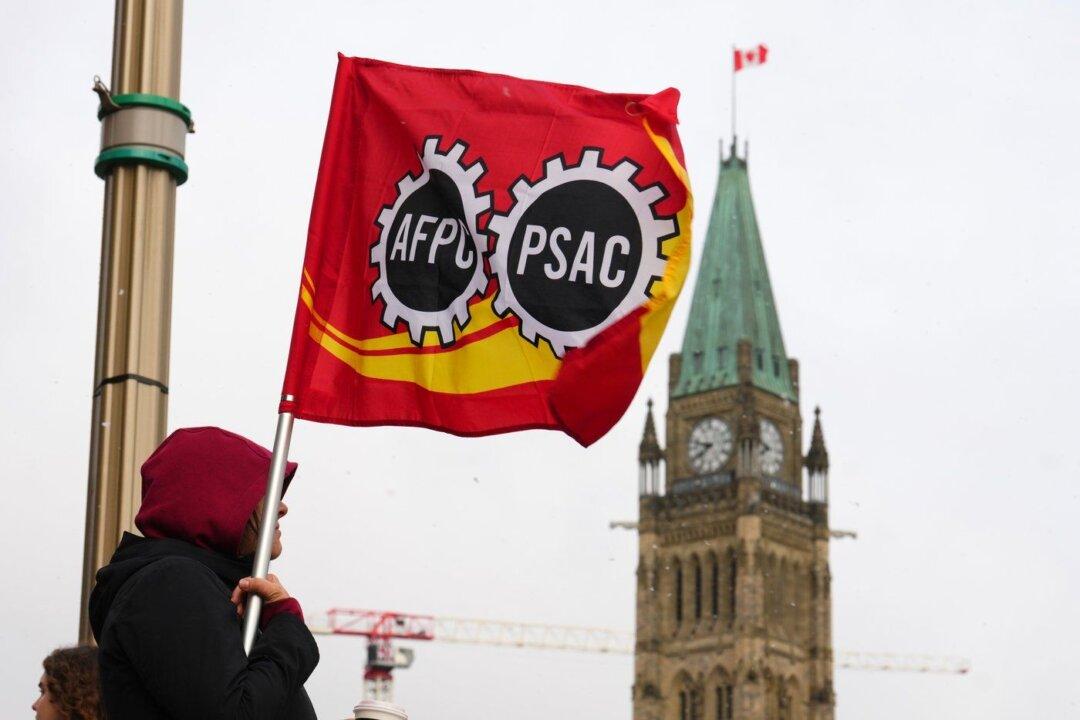An ongoing strike of thousands of public servants is causing service disruptions across the country as both sides are facing different kinds of pressure to reach a deal.
Thursday marked the second day of job action by members of the Public Service Alliance of Canada, which comes at the height of tax season and is expected to cause slowdowns at the border and pauses to new employment insurance, immigration and passport applications.





